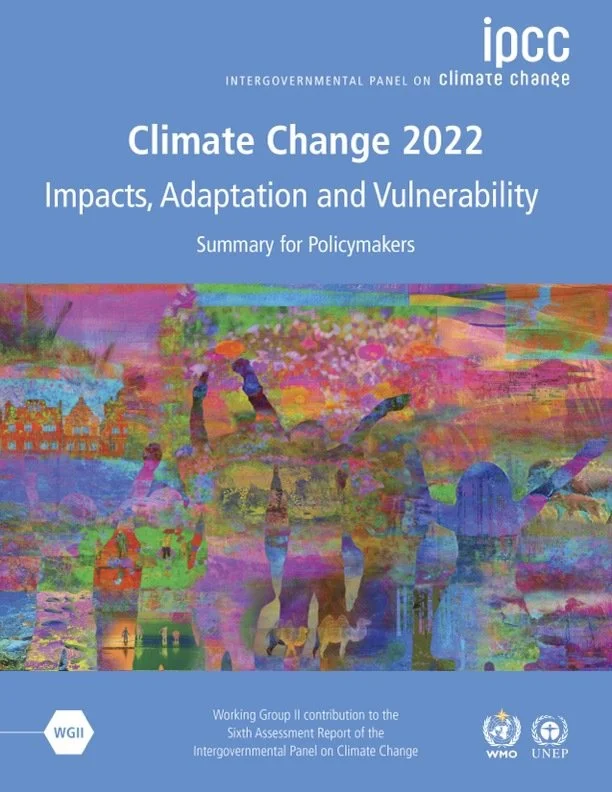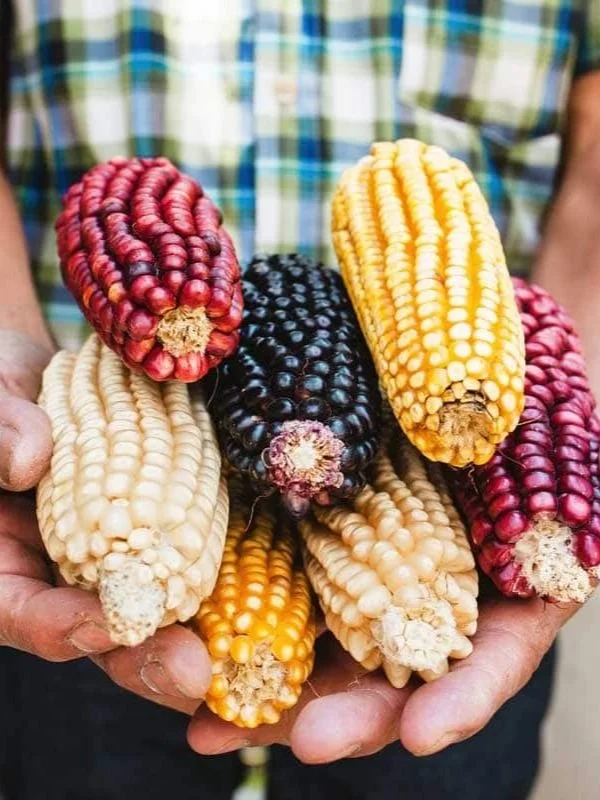Insight
As the single largest threat to our planet, moderating climate change will call on every country and economic sector to take transformative action. Versant Vision specializes in evidence-based solutions at the intersection of climate change, land use, and socio-economic development.
Empower climate-resilient smallholder agriculture by investing in African research and innovation
Drawing on the collective insight of fifteen African experts, this policy brief recommends three strategies for more effectively investing in African-led research and enabling resilience-oriented innovation to flourish in smallholder farming systems across the continent (2023).
Spatially differentiated nitrogen supply is key in a global food-fertilizer price crisis
To support crisis response to geopolitical conflict and disrupted food and fertilizer supply, this Nature Sustainability paper proposes geospatial targeting strategies for more efficient nitrogen fertilizer use, based on analysis of cereal production systems in India, Ethiopia, and Malawi (2023).
Evolution of the One CGIAR’s research and innovation portfolio to 2030
To amplify systemic collaboration and increase legitimacy, relevance, and effectiveness of the CGIAR research-for-development portfolio, this npj Sustainable Agriculture article recommends approaches and tools that foster more resilient and equitable food systems (2023).
Transformation through inclusive innovation
Recommends inclusive practices and behaviors that can enable international agricultural research institutions to more effectively bring the insight and experience of regional leaders, local stakeholders, and marginalized people into agri-food innovation systems (2022).
Scaling private sector investment in sustainable rice: Needs and opportunities
Investigates how finance can advance sustainable transformation of the global rice sector in a report for the World Business Council for Sustainable Development, the Sustainable Rice Platform, and the Just Rural Transition (2022).
Near- to long-term measures to stabilize global wheat supplies and food security
In response to the global crisis arising from the Ukraine-Russia conflict, COVID-19, and climate change, this Nature Food paper proposes options for mitigating near-term food security risks, stabilizing wheat supplies, and building long-term agri-food system resilience (2022).
Climate Change 2022: Impacts, Adaptation, and Vulnerability, Intergovernmental Panel on Climate Change
Surveys adaptation finance strategies and reviews opportunities and constraints of financial instruments in Chapter 5: Food, fibre, and other ecosystem products of IPCC Working Group II’s Sixth Assessment Report (2022).
One CGIAR and the Integrated Agri-food Systems Initiative: From short-termism to transformation of the world’s food systems
Building on a holistic, multi-sector methodology validated in Mexico and Colombia, this PLOS One paper outlines strategies for evidence-based collaboration within national agri-food system policy processes (2021).
Getting down to earth (and business): Focus on African smallholders’ incentives for improved soil management
Highlights the need for context-specific knowledge, structural changes in agricultural value chains, and near-term, farm-level financial benefits to African smallholder farmers who implement sustainable management practices that enhance soil health (2020).
Incentivizing sustainable production practices: Improving and scaling extension, certification, carbon markets, and other incentive systems.
This book chapter explores challenges to developing viable incentives for smallholders to adopt sustainable farming methods including drivers of unsustainable practices in underlying policy, market, and financial systems (2020).
Blended finance for agriculture: exploring the constraints and possibilities of combining financial instruments for sustainable transitions
To accelerate investment in sustainable agriculture, this paper recommends deploying multiple funding modalities with guardrails for efficient and effective use of concessionary funding in blended financial mechanisms (2020).
Sustainable agri-food investments require multi-sector co-development of decision tools
This Ecological Indicators paper encourages collaborative co-development of science-based indicators that harness knowledge to investment decisions and better enable agri-sector companies and investors to bring food system sustainability considerations into management and capital allocation (2019).
For additional publications, click here.
For blog posts, click here.












